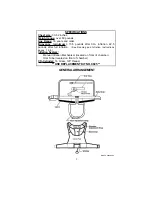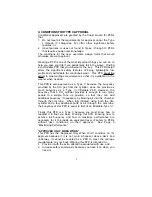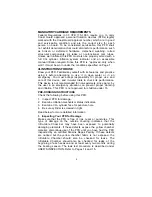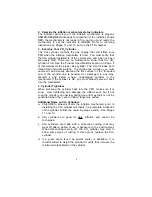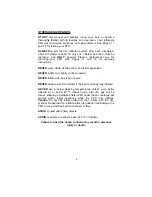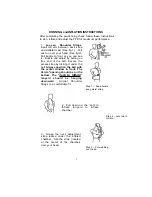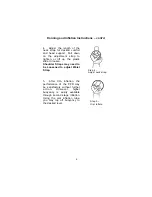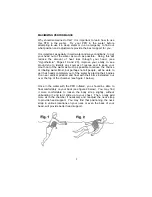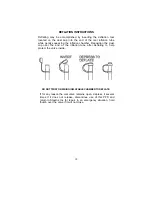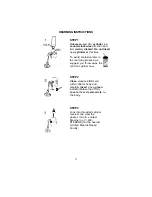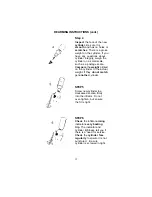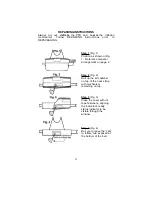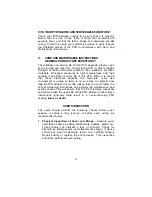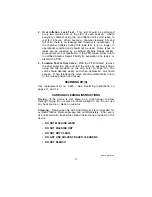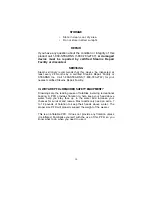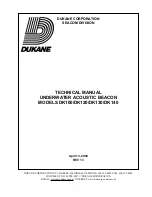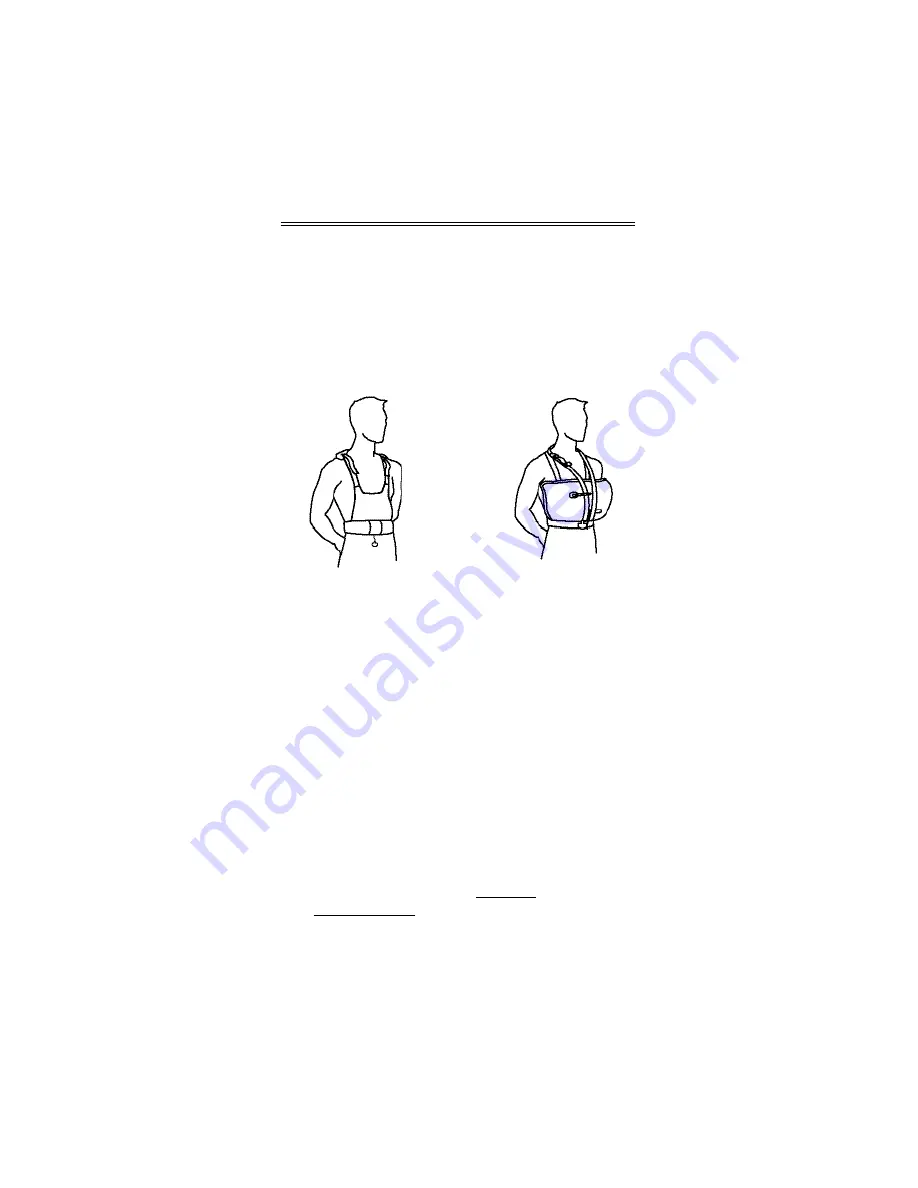
DO NOT REMOVE PRIOR TO SALE!
Model Nos. 4430 or 6340 –
OWNER’S MANUAL
HIGH WEARABILITY TYPE V
USER ASSISTED INFLATABLE BELT
PERSONAL FLOTATION DEVICE
ADULT UNIVERSAL – FOR PERSONS OVER 80 POUNDS
I. APPROVAL CONDITIONS and CARRIAGE REQUIREMENTS
This
inflatable
belt is approved by the U S Coast Guard as a Type
V User Assisted Personal Flotation Device (PFD). It is APPROVED
ONLY WHEN WORN for use as a Flotation Aid, Type I I I PFD for
recreational use on calm inland waters.
It is not approved for
water skiing or other high-speed activity.
This inflatable was
designed to be more comfortable and less restrictive to wear than
inherently buoyant PFDs. When used and serviced according to
this owner’s manual, this personal flotation device (PFD) can
greatly increase your chances of survival. Not recommended for
non-swimmers or weak swimmers. Users of inflatable PFDs must
be at least 16 years of age.
See Page 3 for Conditions for Type V Approval.
WEAR YOUR PFD!
Most drowned victims of boating accidents
owned PFDs, but were not wearing them when they died. Most
drowning occurs in inland waters, not way out at sea, and most
within a few feet of safety.
If you DO NOT intend to wear this
PFD, then SELECT ONE that you will.
Doing this provides
feedback to manufacturer's, as to what makes a PFD wearable.
Deflated
Inflated
Summary of Contents for 4430
Page 19: ...19 ...


